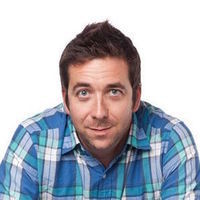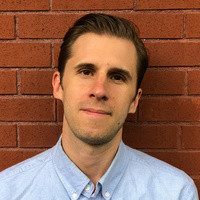Jonah Weiner is a contributing writer for The New York Times Magazine and co-author of the newsletter Blackbird Spyplane.
“It's a version of myself. It's a hyperbolic version of myself. And I think it keeps it fun for me. It doesn't feel like a job. Ideally, it keeps it fun for readers. And I think that there actually is this function where X out of 10 people coming to it, their eyes are going to cross and they're going say, I'm out. No thanks. And that's fine, because the Y out of 10 who stick around feel that much more in on something and it just makes it feel like a funky, special place.”
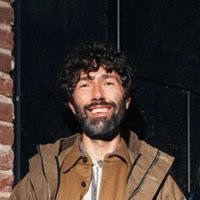

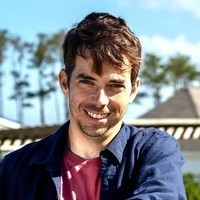
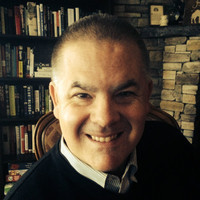





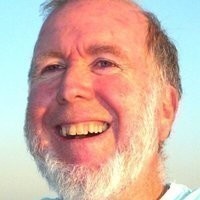
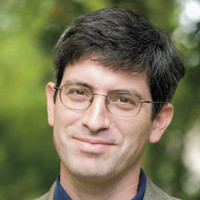
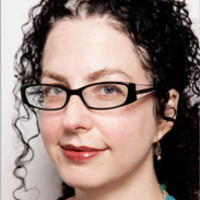

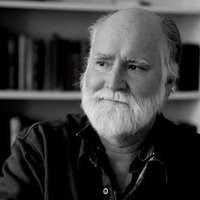


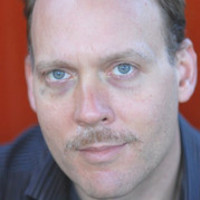

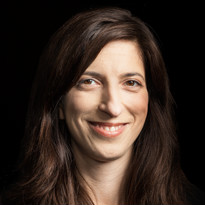 Pamela Colloff is an executive editor and staff writer at Texas Monthly.
Pamela Colloff is an executive editor and staff writer at Texas Monthly.
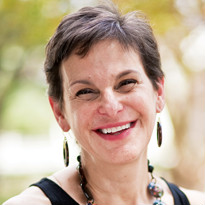 Mimi Swartz has written for Talk, The New Yorker and Vogue. She is an executive editor at Texas Monthly.
Mimi Swartz has written for Talk, The New Yorker and Vogue. She is an executive editor at Texas Monthly.
